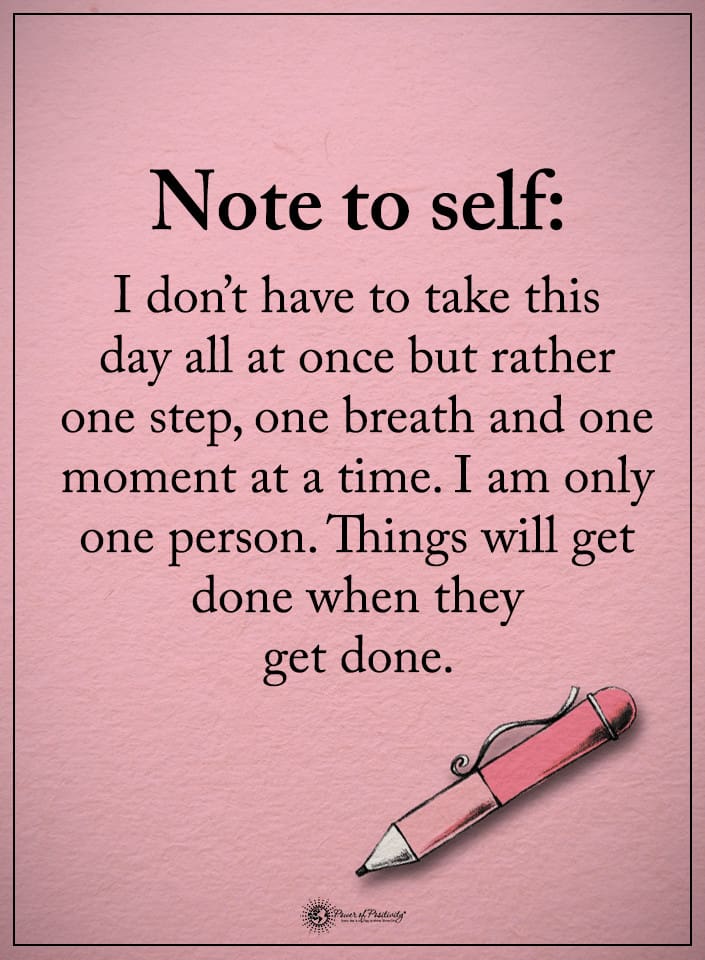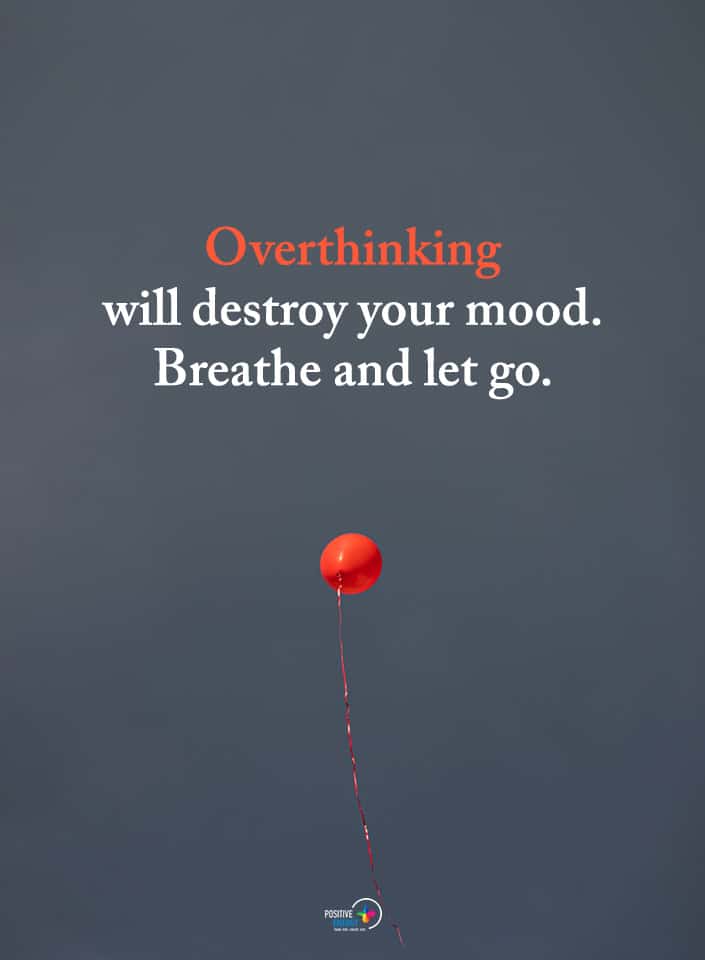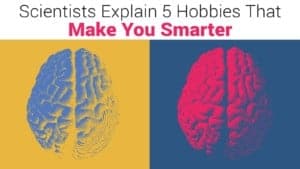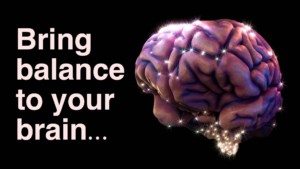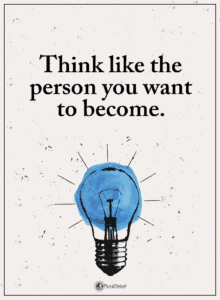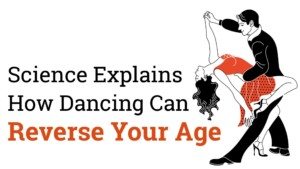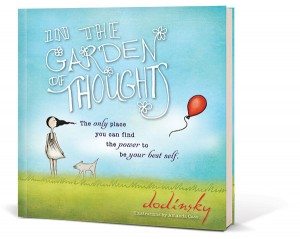Because of the coronavirus pandemic, the public has been encouraged to follow safety precautions such as handwashing for at least 20 seconds and practicing social distancing. While some adults have no trouble with these practices, many children struggle to have the attention span and patience to wash their hands for that long.
However, Dwayne Johnson wanted to teach his daughter how to wash her hands properly so she could stay safe during the outbreak. He shared a video on Instagram recently to teach his fans a little bit about handwashing as well. While the video has been removed, it’s still an adorable concept worth mentioning, and perhaps it can give other parents some ideas during the downtime. Dwayne’s daughter Tiana is 23 months old and seems to enjoy the song her Dad came up with, as you can see in the video below. How adorable are they!?
The caption says, “As we’re all holding down our households all over the [world] doing our best to manage this pandemic taking care of our families and teaching our babies the importance of handwashing and for how long — a fun way to teach ‘em is singing the rap portion of my song ‘You’re Welcome’ from MOANA. The benefit to this is your kids will now love washing their hands. You’ll find one drawback because the song sticks in your head forever. You’re welcome. Stay healthy, everyone,” according to Us Weekly.
More About Dwayne Johnson
Dwayne also has a four-year-old daughter Jasmine with his wife Lauren Hashian. He wants them all to remain safe and healthy during the pandemic, and hopefully, they will follow Dwayne’s lead with the handwashing song!
Dwayne met his wife on the set of his film The Game Plan in 2007 and immediately connected with her. He had just split up with his first wife, Dany Garcia when he met the love of his life. In 2015, he told Esquire that both of them had been living together for eight to nine years. “To fall in love again? That’s a hard thing to do twice in the position I’m in. I’m one lucky son of a b—h,” he said.
“I’ve got a lot of things happening in my life, and I’ve been so lucky and fortunate to be blessed with a lot of things. The relationship part to me is my most prized thing. The people in my life. I’ve learned the power that we have to make other people happy and content in a relationship. And I have the love of my life, Lauren, who I’ve had for eight years now. I wake up every day so grateful and so thankful that I have someone like that, someone that you can walk through this world with,” he said once to Entertainment Tonight.
Aren’t Dwayne and his daughter Tiana just adorable?! We could all learn a thing or two from them about washing our hands! If you enjoyed the video and think some people in your life could use a refresher on handwashing, please share with them!



